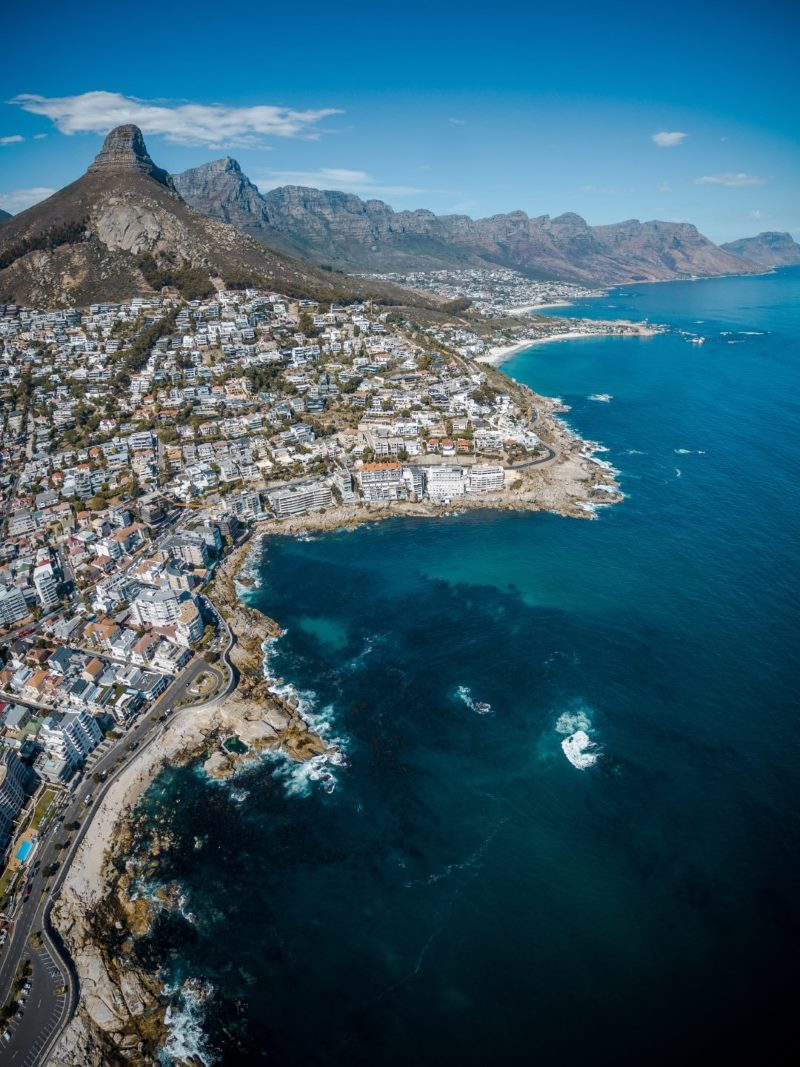Do People in the Northern Region Speak English?
The Northern Region is a vast part of the country encompassing more than 40% of the total land area. It is known for its diverse cultures, breathtaking landscapes, and mouth-watering cuisine. But one critical question that many people ask is whether English is spoken in the Northern Region. In this article, we will explore this topic in detail and provide evidence to answer this question accurately.
The Linguistic Landscape of the Northern Region
The Northern Region is made up of various ethnic groups, each with their unique language and culture. The dominant ethnic groups include the Dagombas, Nanumbas, Konkombas, Mamprusis, and Gonjas. While these languages are widely spoken in their respective communities, the official language of the country is English.
English in the Northern Region
English is the language of instruction in schools, official communication, and governance in the Northern Region. The region has a considerable number of schools, including primary, junior high, and senior high schools, where English is taught as a subject from the basic level. English proficiency is an important criterion for admission into tertiary institutions in the country. Therefore, most students in the Northern Region study English intensively and become proficient in the language.In addition, the Northern Region is home to some of the country’s reputable universities, including the University of Development Studies (UDS) and the Tamale Technical University. These institutions use English as the medium of instruction, and the faculties are made up of professors and lecturers who are proficient in the language.
English in the Marketplace and Tourist Areas
The Northern Region is a hub for trade and commerce, with many bustling markets and shopping centers spread throughout the region. In these markets, a considerable number of traders and buyers speak English fluently. You can also find many shops and boutiques with signs and advertisements written in English, making it easier for English-speaking customers to navigate through the bustling markets.Tourism is also a vital part of the region’s economy, thanks to its diverse attractions that draw both local and international visitors. Tourist centers such as Mole National Park, Larabanga Mosque, and the Tamale Cultural Center receive thousands of visitors every year. Most tourist centers in the region employ tour guides who are proficient in English, making it easier for English-speaking visitors to learn about the region’s history, culture, and attractions.
Conclusion
English is a widely spoken language in the Northern Region, and it is the official language of the country. While each community in the region has its unique language and culture, English is the common link that brings everyone together. Therefore, if you plan to visit or work in the Northern Region, you can be rest assured that you will find many people who speak English fluently.
Do People in the Northern Region Speak English?
The Northern Region is a vast region that covers a significant portion of the country, with diverse cultural practices and linguistic differences. Many people are curious about whether people in the northern part of the country can speak English. This article aims to answer the most frequently asked questions about whether people in the northern region speak English.
What are the Languages Spoken in the Northern Region?
In the Northern Region, several languages are spoken, including Hausa, Dagbani, Mampruli, Gonja, Konkomba, and others. Hausa is the most widely spoken language in the region and is the lingua franca in most parts of Northern Ghana. However, most people – especially the elites and those who attend school – can speak English as well.
Is English Taught in Schools in the Northern Region?
Yes, English is the official language of instruction in Ghana, and it is taught in schools in the Northern Region. English is mandatory in all public and private basic schools, senior high schools, and tertiary institutions. Moreover, the Northern Region has several prestigious educational institutions that provide excellent English language courses, such as the University for Development Studies (UDS) and Tamale College of Education.
Is English Widely Spoken in the Northern Region?
Although English is not widely spoken in rural areas, most urban areas have a significant English-speaking population. Most businesses, government offices, and institutions use English as a medium of communication, making it essential to learn English if you want to conduct business in the region.
Can One Easily Communicate in English in the Northern Region?
One can quickly communicate in English in the Northern Region, especially in the urban areas. English is the language of the Ghanaian government and the primary language of instruction in schools. Therefore, a significant number of educated and semi-educated people in the Northern Region can communicate effectively in English.
What are the Advantages of Speaking English in the Northern Region?
If you can speak English, you have a significant advantage in the Northern Region. For instance, English is the official language of the country, making it the language of government, commerce, and education. Therefore, you can attend school, conduct business, and navigate government offices without a language barrier. Additionally, speaking English can earn you better-paying jobs and provide you with more significant opportunities for personal and professional growth.
Conclusion
In conclusion, people in the Northern Region can speak English, although it is not the primary language spoken in the region. English is widely taught in schools, and most people use it as a medium of communication in business, government offices, and institutions. Therefore, if you want to succeed in the Northern Region, it is essential to learn English.
Table of Contents

